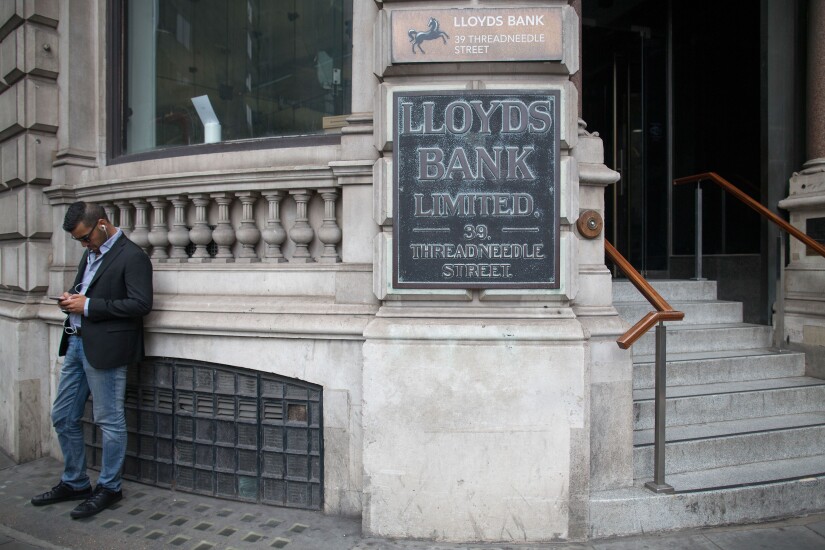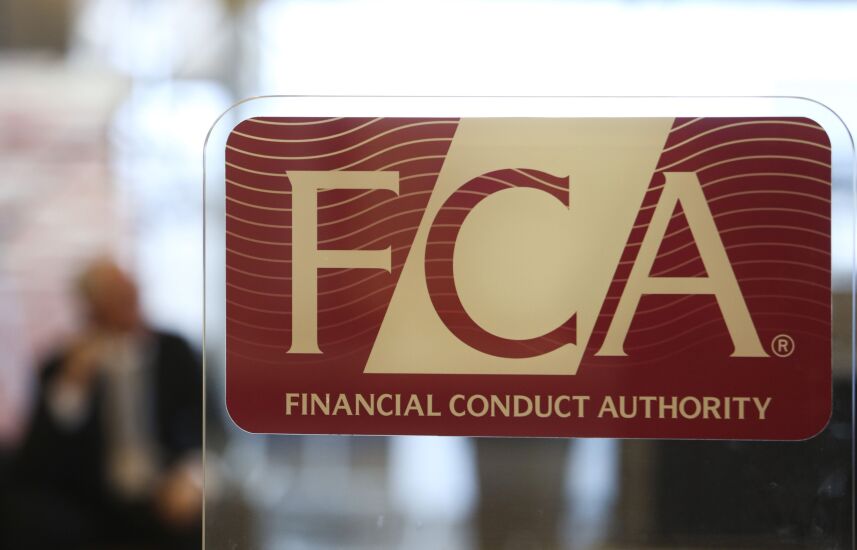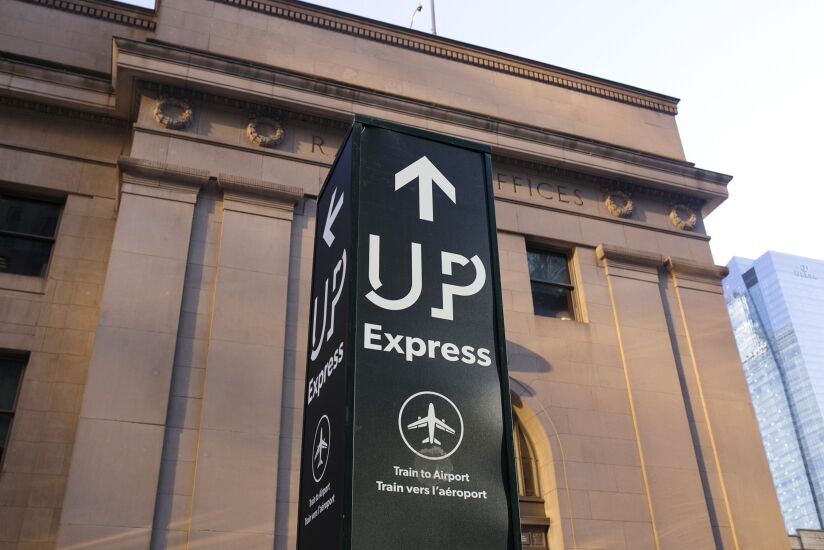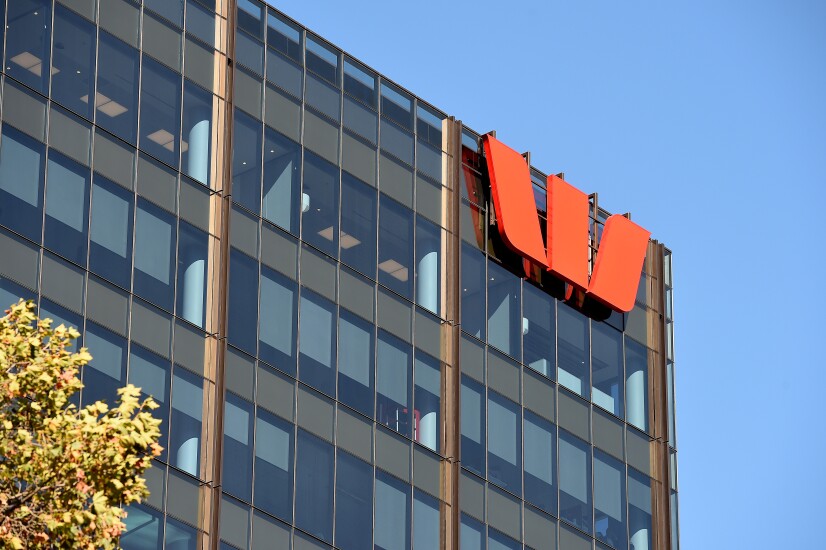U.K. regulators call out large banks such as
Here's what's going on in the world of payments.
U.K. regulators call out large banks such as
Here's what's going on in the world of payments.









In its latest financial stability report, the Federal Reserve found that asset valuations continue to be elevated and leverage levels remain high, especially among nonbanks like hedge funds and insurance firms.
Federal Reserve Board Gov. Stephen Miran said the growth of stablecoins and cryptocurrencies will likely impact monetary policy and could lead to lower interest rates.
The Spanish bank says it can connect small and medium-size U.S. businesses with local market experts on its newly launched digital platform Navigator Global.
The Pittsburgh-based bank said Friday that it will focus on building 300 branches in high-growth markets by 2030. It also minimized the prospects for another acquisition on the heels of its recent deal for Colorado-based FirstBank.
Consumers' and merchants' penchant for 0% loans are boosting the buy now/pay later lender in its first fiscal quarter ended Sept. 30, as gross merchandise volume hit a record.
HoldCo Asset Management drops its pursuit of proxy battles with Columbia Banking System and First Interstate; Cape Cod's Mutual Bancorp prepares to acquire Bluestone Bank; Servbank HoldCo announces plans to acquire IF Bancorp; and more in this week's banking news roundup.